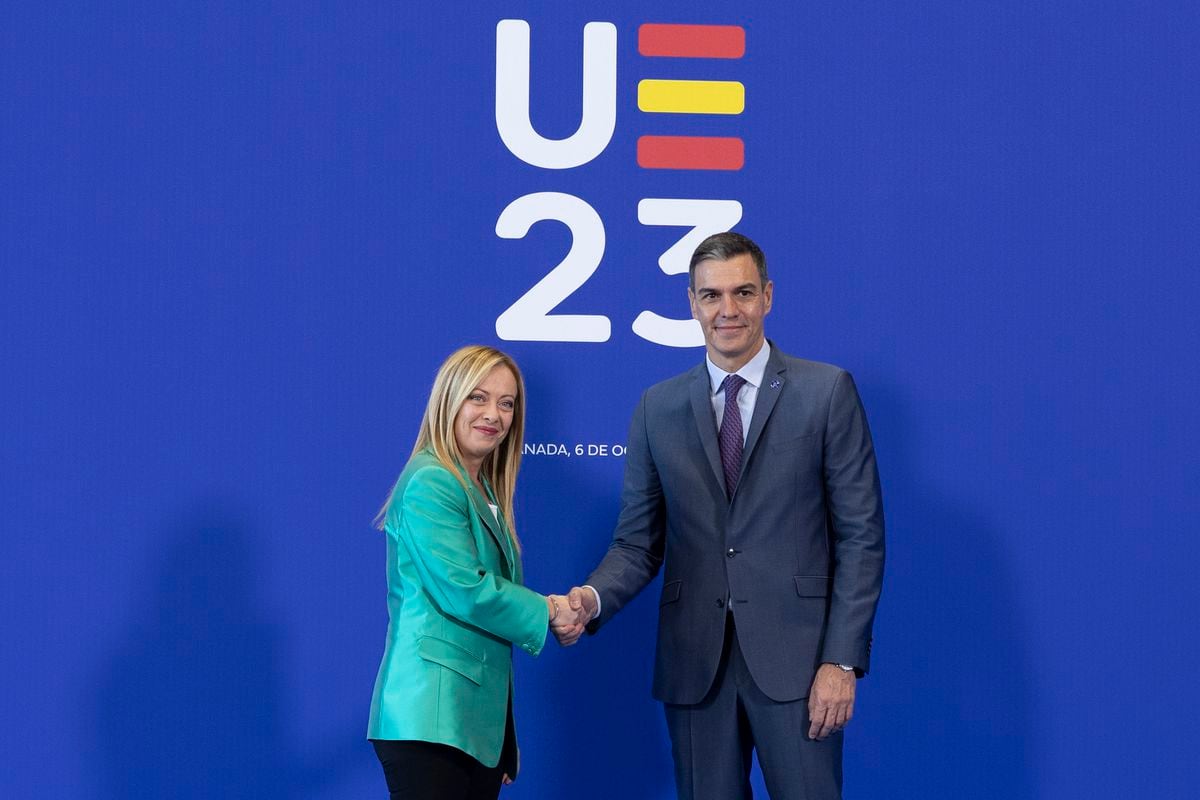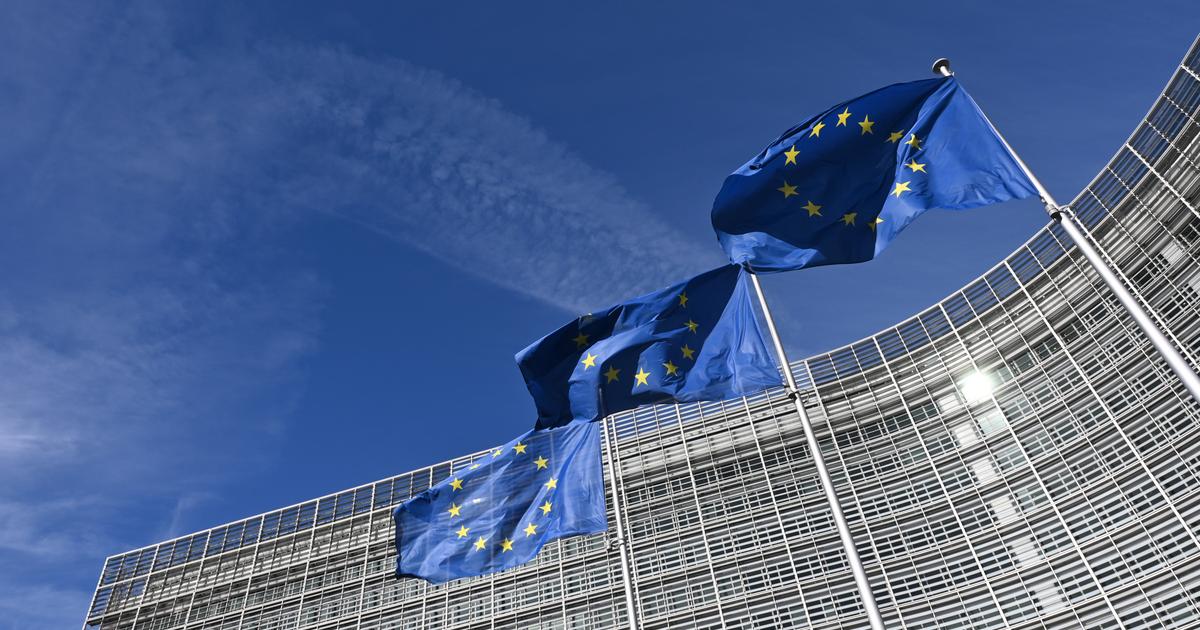The dispute over corona bonds appears to be stuck. But that's not the only way to counter the economic consequences of the pandemic. A first compromise between the EU countries on crisis aid seems possible.
Brussels (dpa) - Before EU deliberations on further aid against the corona economic crisis, Commission Vice-President Margrethe Vestager asked the member states to throw fiscal taboos overboard.
"In the current situation, we have to use all the instruments we have without exception," said Vestager to the editorial network in Germany. "There must be no taboos. We need solutions." The Secretary General of the Organization for Economic Cooperation and Development (OECD), Angel Gurría, told Süddeutsche Zeitung (Tuesday): "Sharing financial risks is the next necessary step in European integration". He added: "A financial instrument should not be a matter of belief." The background is the dispute over so-called corona bonds.
At the end of March, the EU heads of state and government had quarreled about the option of such community bonds. That is why they gave the finance ministers the task of developing new models. Before the meeting of the finance ministers of the Eurogroup and the other EU countries in the afternoon (3:00 p.m.), there was still no consensus on corona bonds - but there were three other instruments that, according to Eurogroup leader Mario Centeno, together " Security net "worth half a trillion euros. These are the three suggestions that stand a chance - even if details are still controversial:
CREDIT LINES FROM THE ESM
The European Stability Mechanism (ESM) could set up precautionary credit lines for the countries in the Eurogroup. The ESM was founded in 2012 as a rescue fund for countries in the euro crisis and, for example, granted loans to Greece under strict conditions. No savings conditions should be attached to the credit lines now being considered, but only the condition that the money flows directly into the crisis management. Up to EUR 240 billion in loans could be paid out in this way. According to its own statements, the ESM could lend a total of 410 billion euros.
A GUARANTEE FUND AT THE EIB
The European Investment Bank (EIB) has proposed a so-called Pan-European Guarantee Fund, which could work like this: The EU countries pay a proportionate 25 billion euros into the fund, which is intended to secure loans from the Investment Bank to SMEs. The EIB estimates that up to € 200 billion in liquidity could be mobilized for companies.
THE EUROPEAN SHORT WORKER AID "SURE"
The EU Commission's "Sure" concept is intended to support short-time work benefits in the EU countries. These are wage subsidies for companies that do not fire their employees despite the lack of orders in the crisis. The proposal: The EU countries provide irrevocable guarantees amounting to 25 billion euros. With this backing, the EU Commission borrows up to € 100 billion on favorable terms on the capital market and passes it on to short-term working as required for EU countries.
CORONA BONDS OR RECOVERY BONDS
The still very controversial idea of community bonds would work like this: With fixed-interest securities, EU countries jointly borrow money on financial markets that flows directly into the respective households. Everyone is jointly liable for interest and repayment. Highly indebted countries could thus get fresh money on the capital market at more favorable terms than alone. Italy, Spain and other countries see this as an important sign of solidarity. Germany and others fear, however, that they will have to participate for already heavily indebted countries like Italy.
Commission Vice Vestager appealed to the EU countries. "We shouldn't make the mistake and talk about individual measures," the Danish told the RND. "That only runs the risk of falling into old argumentation patterns that don't help in the virus crisis." More solidarity is needed in the EU. Everyone would have to think about "how we mobilize enough money to get out of the valley quickly".
Federal Minister of Finance Olaf Scholz renewed his rejection of corona bonds at European level. With the EIB, the ESM and the "Sure" concept, there are three "very strong signals of solidarity," the SPD politician said on Monday evening on ZDF. In addition, there could be a European reconstruction program so that the European economy grew again.
If the EU finance ministers agree on Tuesday, they want to submit their proposals to the EU heads of state and government for decision.














